|
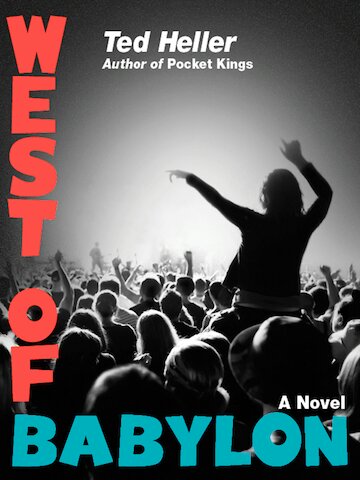
 
The Furious Overfalls are in their late fifties now and, except for the nymphomaniac lead guitarist (who needs Viagra), the rock and roll excess has been replaced by faulty memories and dysfunctional body parts. Groupies and mountains of coke are things of the past.
West of Babylon is about a wizened but streetwise blues/rock/country group called the Furious Overfalls that’s been together since the mid-Seventies. They were very big for a few years but then their star quickly faded…they come along at the wrong time and got swept away by the likes of Madonna, A Flock of Seagulls, Haircut 100 and the Thompson Twins. The Overfalls never did break up and still tour and make CDs that hardly anyone listens to, other than their ageing, dwindling hard core fans. The book is about how each member of the band chooses to confront a deadly serious crisis and whether it will finally tear all of them apart. Oh yeah, it’s also quite funny (I hope).
The Guardian described West of Babylon as one of the best books of 2013. That’s high praise. What genre is it?
Somebody told me recently I was a genre unto myself. That was a compliment but it also explained perhaps why my sales have been less than stellar. I would say West of Babylon falls under the category of humor/lad’s book/touching/workplace/bromance/family fiction, if that means anything whatsoever. For me, it’s just belongs in the fiction section of a bookstore even though it’s not in a bookstore and is only available online.
Who are the Furious Overfalls based on – the Rolling Stones? Spinal Tap? Anvil?
Their music is very much like the Stones around the era of “Let It Bleed,” “Sticky Fingers” and “Exile on Main Street.” Their original name was going to be the Ventilators, after the song “Ventilator Blues” on Exile. They stayed with that kind of gritty sound and seldom changed, which is perhaps why their popularity didn’t last. (I give them props for sticking to their guns, though, even if the guns became rusty.) My band is from Long Island and Connecticut, not London, and critics held that provenance against them. Any time you see in the paper that some band from 30 or 40 years ago is still touring…the Furious Overfalls IS that band, although in many, many cases, those bands are not comprised of the actual original members any longer. Are any of the original Four Tops or Temptations or Grass Roots still in the Four Tops, Temptations or the Grass Roots anymore?
Good point. It is the attraction of all that rock and roll excess that brings readers to the book, but it ends up being as much about friendship and ageing, doesn’t it?
I hope so. My guys are in their late fifties now and, except for the nymphomaniac lead guitarist (who needs Viagra to get his rocks off), the rock and roll excess has been replaced by aching bodies and faulty memories and dysfunctional body parts and family relationships. Groupies and mountains of coke are things of the past. My book flashes back and forth between the old days and the present and you can sense how the excess took its toll. Even though the four members are no longer tight with each other and sometimes cannot bear the sight of each other, in the end (NOT a spoiler alert!) they finally get a sense of how much they’ve loved and needed each other for decades.
We can see why you’ve described it as bromance. But that slow decrepitude reminds us of one of your other books, Pocket Kings. It’s about a novelist’s increasingly-desperate struggles. The novel follows those struggles to hilarious extremes, but we still need to ask if it was even slightly autobiographical.
Excellent question! Pocket Kings was painfully, excruciatingly autobiographical. It was almost like a memoir at times. It held a mirror up to my nature and then I dropped the goddam mirror a hundred times purposely. In the original first and second and third drafts, the narrator’s name was Ted Heller and the two prior novels he’d written were titled Slab Rat and Funnymen, which just so happens to be the names of my first two novels. Also in the book—before vast changes were made—were very unpleasant and very real experiences that I’d had with a play I’d co-written and which had a workshop production in Los Angeles, and with a screenplay I’d written that was optioned by Fox. (Nothing ever happened with the play or the movie beyond that.) That was all true , ripped from the headlines of my existence, and now it’s all gone, other than in my memory. Forty years ago, an editor would have left that stuff in…but no longer.
In Pocket Kings, my narrator got addicted to playing online poker and won hundreds of thousands of dollars and stopped writing books: all that is true for me, too, except that I only played for “pretend” money online and never wagered a real penny. But I played for many hours a day for months and “met” many people online and couldn’t get it out of my system. There are things in Pocket Kings that happened in my own experiences in publising that are still in the book. A lunch with an editor where the editor had only read the first line of a novel—that really did happen to me. (That editor is very successful now and it kills me!) Getting rejection after rejection from publishers—that’s all too real. Getting ignored by agents—that happened to me, too (but to a lot of other writers as well). Almost having a movie made out of a book but then it not happening: also real.
Oh wow. Is it wrong that the one lesson we take from that is, always gamble with real money?
You mentioned another book named, Slab Rat?
Slab Rat is my first published novel but there were several before that never got published. I’ve lost count, but I always feel weird saying Slab Rat was my first novel. That book arose from years of working at magazines: I started at Spy Magazine in the photo department (I did their Separated at Birth feature for a few years) but after I was laid off I got jobs (also in the photo departments) at Details, Vanity Fair, Premiere, and places I cannot even remember. Some of those jobs lasted only a few weeks. I finally settled in at Nickelodeon Magazine and also became senior writer there. That was a wonderful job and I enjoyed writing for kids. The idea for Slab Rat sprang to me because I wanted to kill someone who was my boss at a previous magazine. It was that simple. The idea came to me while fantasizing about sticking a pair of scissors into his chest. Writing the book prevented me from murdering him.
We’d have been interviewing you from jail now!
Tell us about your second book?
My second novel, Funnymen, is a fake oral history of a Dean Martin and Jerry Lewis-type comedy team. It covers decades and decades of show business history, from Vaudeville to movies to radio to TV, as seen through the eyes of a few people. It’s the one book that I pick up every now and then and turn to any page and can keep reading. It got mostly excellent reviews but it didn’t sell at all and I still think it’s my best book. (I say it got god reviews: the problem was it only got a handful of them: it was around that time when I realized I wasn’t cut out for the whole American Publishing scene.) There was a scene at the end…I actually had to hold back tears while I was writing it. I don’t understand why Funnymen didn’t do better than it did…it will haunt me to my dying day. After that book came out, I was sort of a leper in publishing and to myself. I could tell you stories but then I’d have to name names and tell you how people who were once nice to you then start ignoring you…but I won’t. Not now, at least.
Tell us off the record. Right? Tell us about yourself; sounds like there’s a lot to tell.
I’m married to a wonderful woman who was talented enough to design the West of Babylon cover for me in exchange for a $50 gift card to The Gap, which she promptly lost. I have a five and a half year old daughter, who I hope chooses not to become a writer. (I’m almost tempted to not teach her how to read just to bring that about.) I watch a lot of sports, much to my family’s dismay: New York Giants, Rangers, Yankees…I love hanging out on my couch, listening to music and watching games and reading a book and playing with my kid, all at once: I know it sounds boring, but so be it! I almost never read fiction but I read history and biographies instead. Lately I’ve been reading a lot of books about jewellery heists and counterfeiting and art fraud: I find that stuff fascinating. Reading novels often makes me cringe…many of the writers that newspapers such as the New York Times adores are so pretentious and “clever” that I cannot take it. I’ve thrown books against walls. Of course, now that I have a Kindle I can’t do that anymore.
You can, but it costs a lot more. Do you have a website where we can keep up with your work?
No. A mistake, right?
We definitely think so. What about social media?
I’m on Twitter (@TedHeller) but don’t have many followers. But if anyone wants to jump onto my possibly unseaworthy ship, that’s where it’s docked. I like to think of Twitter as the place where my Facebook jokes go to die.
What’s next?
The Giants winning the Super Bowl, the Rangers winning the Stanley Cup, my daughter not doing terrible in kindergarten, my back and knees hurting me, my three daily cups of coffee, and maybe me writing another novel. I don’t think I’ll ever self-publish again: the experience with West of Babylon has been like a roller coaster but with the ride going down the whole way.
That’s a pity. But let’s not end on a down note. Any last words about West Of Babylon?
It’s a very good book and if I didn’t feel that way, I wouldn’t say it. It’s not just for rock and roll aficionados even though I do mention obscure bands such as Cat Mother & the All Night Newsboys, Ambergris and Blodwyn Pig. My characters, I hope, are very real flesh and blood people who could be in any business at all, and what they go through is what any of us will go through in life.
|




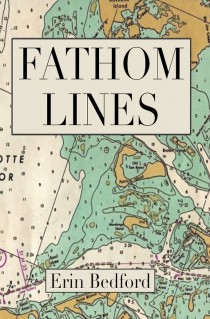
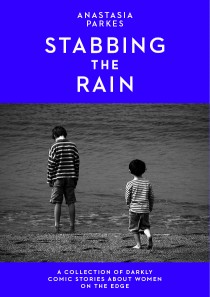
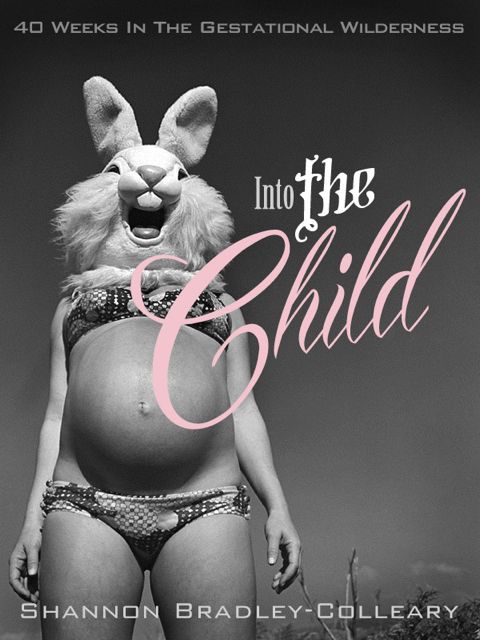
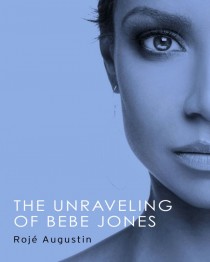
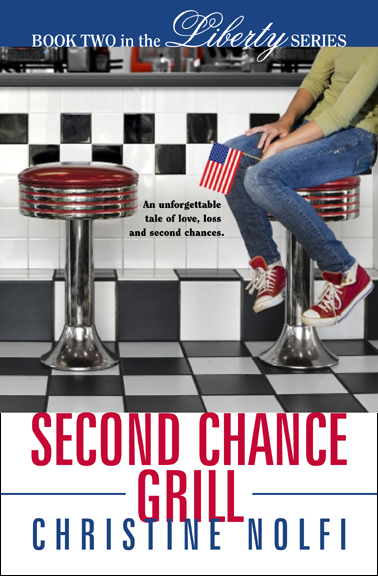
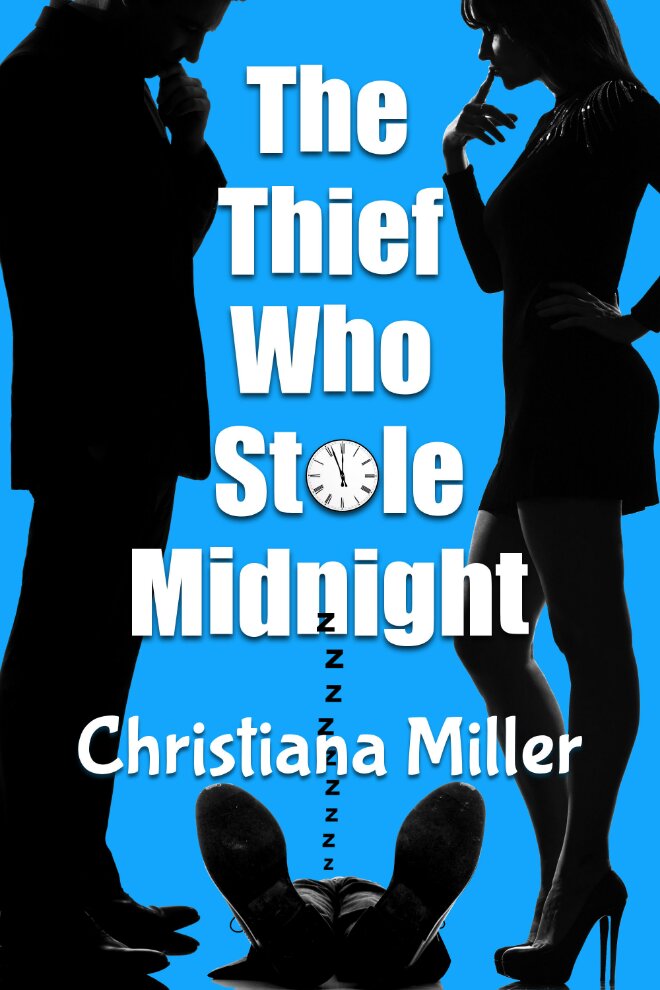
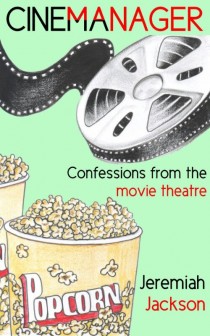
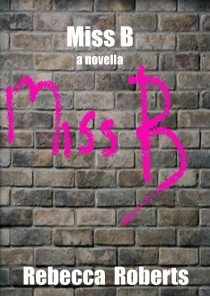

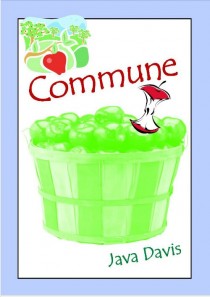
Leave a Facebook, Google+ or Wordpress Comment